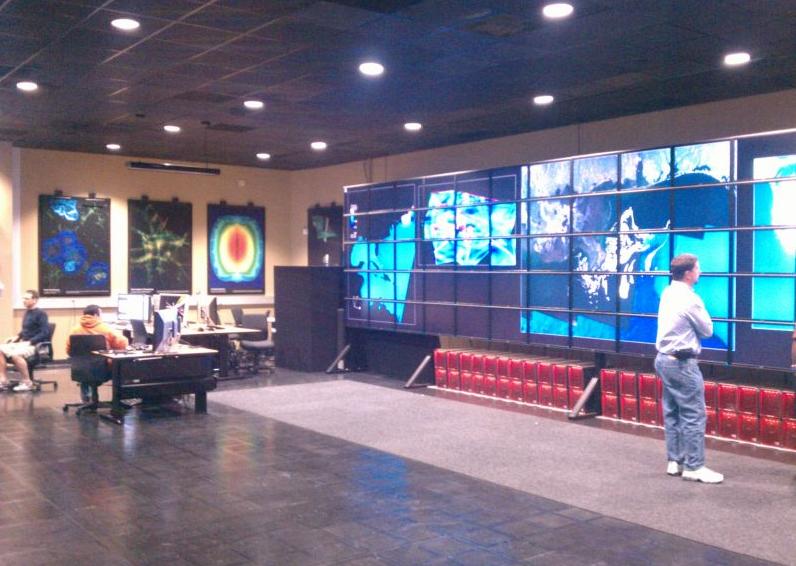The Death of the Phone Call
I recently came across this interesting article on Wired.com about the decreasing use of phone calls. It wasn’t long ago that many of us (such as Tia) were not at all into texting (SMS) and thought that it made more sense to just pickup the phone and place a call:
According to Nielsen, the average number of mobile phone calls we make is dropping every year, after hitting a peak in 2007. And our calls are getting shorter: In 2005 they averaged three minutes in length; now they’re almost half that.
…
Consider: If I suddenly decide I want to dial you up, I have no way of knowing whether you’re busy, and you have no idea why I’m calling. We have to open Schrödinger’s box every time, having a conversation to figure out whether it’s OK to have a conversation. Plus, voice calls are emotionally high-bandwidth, which is why it’s so weirdly exhausting to be interrupted by one.
The telephone, in other words, doesn’t provide any information about status, so we are constantly interrupting one another. The other tools at our disposal are more polite. Instant messaging lets us detect whether our friends are busy without our bugging them, and texting lets us ping one another asynchronously. (Plus, we can spend more time thinking about what we want to say.) For all the hue and cry about becoming an “always on” society, we’re actually moving away from the demand that everyone be available immediately.
In fact, the newfangled media that’s currently supplanting the phone call might be the only thing that helps preserve it. Most people I know coordinate important calls in advance using email, text messaging, or chat (r u busy?). An unscheduled call that rings on my phone fails the conversational Turing test: It’s almost certainly junk, so I ignore it. (Unless it’s you, Mom!)
Source: Clive Thompson on the Death of the Phone Call (Wired.com)







